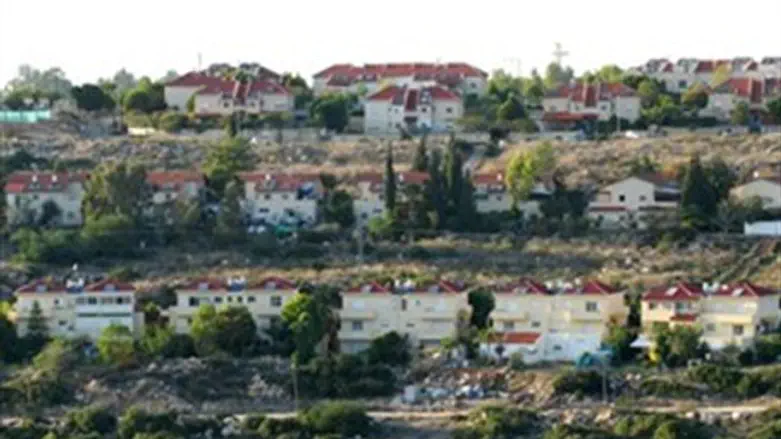
Israel will end its export of poultry and dairy produce to the European Union from Jewish communities beyond the Green Line, Israeli and European officials said on Sunday, according to AFP.
The restrictions stem from directives issued by the European Commission in February and affect chicken and milk products from communities in eastern Jerusalem, the Golan Heights and Judea and Samaria.
"In keeping with previous decisions, the EU no longer recognized the authority of the veterinary inspections services of Israel to approve the export of poultry and (dairy products), the origin of which are in settlements," a European official told AFP.
The official said that during discussions over implementation of the directives, the "Israelis were asked to put in place a system of distinguishing between the origins of dairy products and poultry."
"If that is put in place that won't affect poultry and dairy products exported from Israel," the official said, noting the new directives would be effective from September 1.
An Israeli official involved in the affair told AFP that the agriculture ministry had recently issued directives to poultry and dairy manufacturers to "prepare for the EU decision and separate manufacturing lines, to enable the continued export to the Europe" without including products from “settlements”.
The official said that Israeli export of products from areas beyond the Green Line to Europe was not significant and catered mainly for Jews who observe religious dietary laws and eat kosher food.
Months ago, the EU published new guidelines which boycott Israeli entities operating beyond the 1949 Armistice Lines. This caused tension between the EU and Israel, which warned that it might shun a key EU research program unless a compromise is found over the boycotting guidelines.
An Israeli official slammed the move as a European way to bypass problematic legislation that would single out the Jewish state.
"The EU has for a long time tried to find ways to mark settlement produce, or even prevent its import to Europe, but failed to accomplish such regulation since it's legally problematic, and also involves breaching trade agreements," the official told AFP.
The EU, the official added, doesn't want to impose any universal regulations on products from "disputed areas" such as Cyprus, Western Sahara or Kosovo.
So instead it used the European Commission, which is a bureaucratic body, to enforce a political stance against Israel, he said.
Plans to label “settlement products” have been in the works for more than a year, when the EU formally recommended that Israeli activity in Judea and Samaria be “prevented” through an economic boycott of Jewish industry in those regions. Such a move would affect tens of thousands of Palestinian Arabs who are employed in Jewish-owned industry in the area.
EU foreign ministers, including Britain’s William Hague and Laurent Fabius of France, indicated at one point they would back the labeling initiative, but it was later reported that the plans were postponed after U.S. Secretary of State John Kerry intervened.
